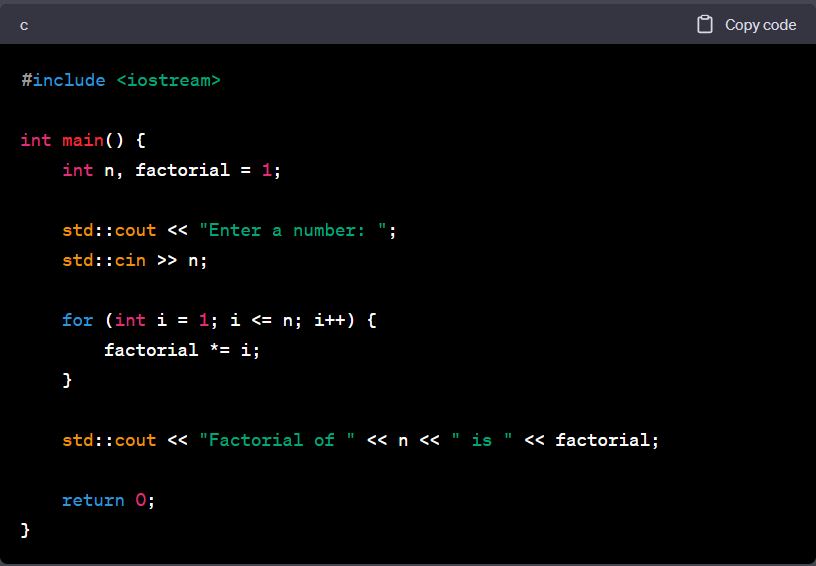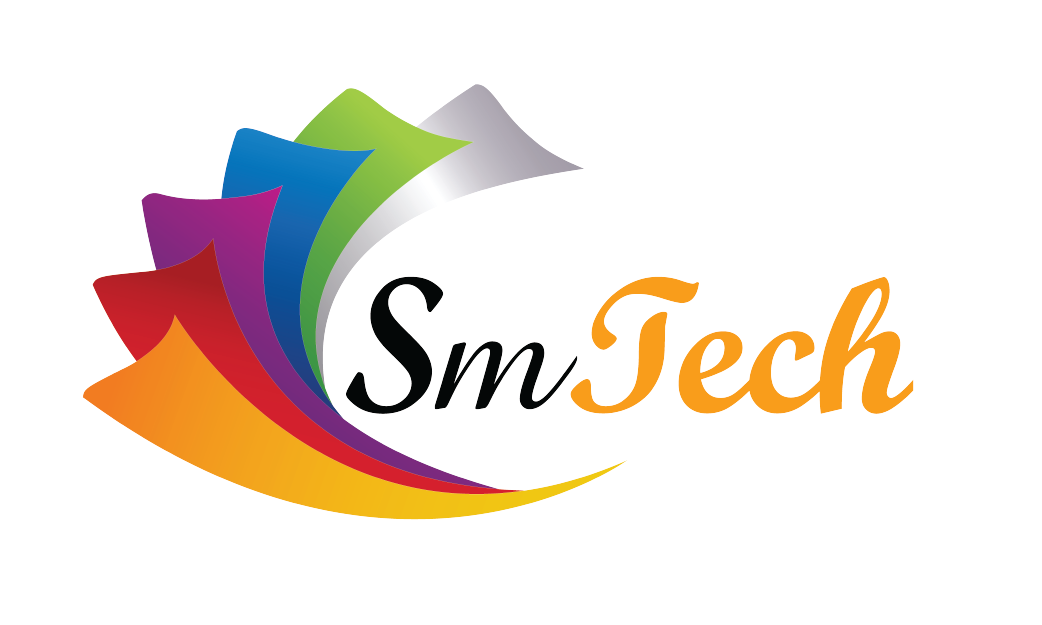C++ Language is a powerful programming language that is widely used for developing applications, operating systems, games, and other software. Developed in the 1980s as an extension of the C language, C++ is a popular choice for programmers because of its flexibility, performance, and efficiency. In this blog, we will discuss what C++ is and how it is used.
What is C++?
C++ is a high-level programming language that is used for developing software applications. It is an object-oriented language, which means that it supports concepts such as encapsulation, inheritance, and polymorphism. C++ is a compiled language, which means that the source code is first compiled into machine code before it is executed by the computer.
C++ is known for its efficiency and speed, which makes it a popular choice for developing high-performance software. It also has a large community of developers who contribute to its development and create libraries and tools that extend its functionality.
How is C++ used?
C++ is used for a wide range of applications, including:
Developing Operating Systems: C++ is used for developing operating systems such as Windows, Linux, and macOS. It provides the low-level control needed to interact with the computer hardware, making it an ideal choice for developing system-level software.
Developing Applications: C++ is used for developing applications such as video games, financial systems, and database management software. It provides the flexibility and performance needed to develop complex and high-performance applications.
Developing Libraries and Frameworks: C++ is used for developing libraries and frameworks that are used by other developers to build software. These libraries and frameworks provide the functionality needed to perform complex operations, such as network communication, cryptography, and machine learning.
Developing Embedded Systems: C++ is used for developing embedded systems, which are small computers that are embedded in other devices such as cars, medical devices, and appliances. C++ provides the low-level control needed to interact with the hardware and perform real-time operations.
To use C++, you need a compiler that can compile your code into machine code that can be executed by the computer. There are many popular compilers available for C++, including GCC, Clang, and Visual C++.
Its flexibility, efficiency, and performance make it an ideal choice for developing operating systems, applications, libraries, and frameworks. If you are interested in learning C++, there are many resources available online, including books, tutorials, and courses.
C++ is a powerful programming language that offers many benefits to developers, making it a popular choice for developing a wide range of software applications. Here are some of the key benefits of using C++:
High Performance: C++ is a compiled language that produces highly optimized code that runs efficiently and quickly. It allows developers to write code that runs close to the hardware, providing low-level control over system resources.
Object-Oriented Programming: C++ is an object-oriented programming language, which means that it supports the concepts of encapsulation, inheritance, and polymorphism. This makes it easier for developers to organize their code and reuse it across multiple projects.
Portability: C++ code can be compiled and run on a wide range of platforms, including Windows, Mac OS, Linux, and many embedded systems. This makes it an ideal choice for developing cross-platform software that can be deployed to a wide range of devices.
Extensibility: C++ is a highly extensible language, with many libraries and frameworks available that can be used to extend its functionality. This allows developers to quickly add new features to their software without having to write all the code from scratch.
Memory Management: C++ provides low-level control over memory management, allowing developers to manage memory usage more efficiently than other high-level languages. This results in faster and more efficient software.
Large Community and Support: C++ has a large and active community of developers who contribute to its development and create libraries and tools that extend its functionality. This community provides many resources for learning and using C++, including online tutorials, books, and courses.
Overall, C++ offers many benefits to developers, including high performance, object-oriented programming, portability, extensibility, memory management, and a large community and support network. If you are interested in developing high-performance software, C++ is definitely worth considering.
here are some starting codes for beginners in C++:
Hello World Program:
This program outputs the string "Hello, World!" to the console. It demonstrates how to use the std::cout object to print output.
Add Two Numbers Program:
This program prompts the user to enter two numbers, adds them together, and then prints the sum to the console. It demonstrates how to use variables, input from the user, and arithmetic operations.
Factorial Program:
This program calculates the factorial of a given number using a for loop. It demonstrates how to use loops and variables to perform calculations.
These are just a few examples of basic C++ programs that beginners can use to get started. As you become more comfortable with the language, you can move on to more complex programs and explore more advanced features of C++.

















